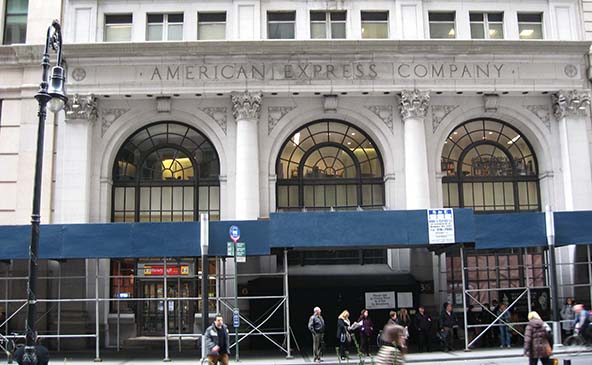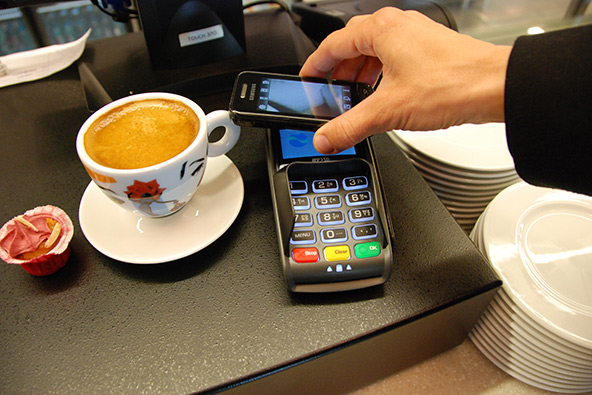American Express Chargeback Categories

Chargeback is a card transaction that is returned as a financial liability to the merchant for resolution after the sale has been settled. In essence, a chargeback is a reversal of a credit card sales transaction, resulting in a debit to a merchant account.
With Visa and MasterCard transactions, the chargeback process involves, in addition to the cardholder and the merchant, a card issuer, a processing bank (also called an acquirer) and the respective Association (Visa or MasterCard). The two affected banks try to resolve the dispute, requesting supporting documentation from the merchant and the cardholder. If they can’t reach an agreement, the Association adjudicates the disputes.
With American Express (and smaller rival Discover) transactions, the chargeback process is different and a good deal simpler. The reason is that American Express is not an Association of member banks (like Visa and MasterCard), but it itself is a bank that acts as both an issuer and a processor. That allows it to combine the functions of these three participants in the chargeback process, communicating directly with the merchant and the cardholder, with both of whom it has signed contracts, and mediating any disputes between them.
There is a number of reasons why a sale can be reversed and American Express groups them in several broad categories:
- Submission chargebacks. A submission chargeback results from charges that could not be processed upon submission, e.g. an invalid account number or a non-American Express account number.
- Non-compliance chargebacks. A non-compliance chargeback is issued when the charge did not meet the terms of the merchant’s card acceptance agreement and the cardholder claims it is fraudulent or it proves to be otherwise uncollectible. Examples include charges with no authorization approval code and charges with no signature.
- Immediate chargebacks. An immediate chargeback can result from a cardholder inquiry to American Express. In such cases, American Express does not send an inquiry to the merchant, because they have sufficient information available in-house or from the cardholder to resolve the dispute, e.g. an altered charge or an addition error.
- Chargebacks that result from no-reply to an inquiry. A no-reply chargeback may also result from a cardholder inquiry to American Express. In such cases, American Express sends an inquiry to the merchant, but the merchant does not reply within the required time frame.
- An insufficient reply to an inquiry. An insufficient reply chargeback is issued when a cardholder inquires about a charge and the merchant’s reply to the American Express’ inquiry does not adequately support the merchant’s claim to the charge.
With the exception of submission chargebacks, American Express refers to all other categories as “adjustments.”
Immediate Chargeback Program. If your account is added to American Express’ Immediate Chargeback Program, you will be subject to immediate chargeback on any and all cardholder disputes. American Express will process a chargeback to your account without sending you an inquiry. You will not have the opportunity to present any written response to the chargeback. However, the chargeback will be reversed, if you can demonstrate that you have issued credit to the cardholder.
Image credit: Wikimedia Commons.



I have a business account with a merchant and I want him to take an Amex charge off my card and accept a check – it’s my company’s policy to only pay by check for this kind of purchase, it turns out – and the merchant is telling me he has to pass along a 5% charge back fee that amex is imposing on him. Is this possible? Also, would amex keep the original fee (5%? which seems high) for accepting the charge, even though is was never paid through amex?
Hello Dave,
You are describing a reversal request, not a case of a chargeback. The fee that the merchant wants to keep may be the original processing fee, but it is certainly not chargeback-related. AmEx processing fees vary, but do not exceed 3.5%.
Hi, which is the maximun number of chargebacks allowed according American Express rules, I mean that should be a percentage of the chargebacks vs number of payments, right?